The league is fast turning into a Frankenstein. BCCI cannot abdicate its responsibility in restoring the sanity in world cricket.
The IPL in its fourth year has become a young Frankenstein. The Board of Control for Cricket in India (BCCI) will not admit this, but the IPL is playing havoc with the international programmes of smaller boards like those of the West Indies and Sri Lanka, to take a couple of examples.
First there was the Lasith Malinga kerfuffle. The Sri Lankan fast bowler was virtually abandoned by his national board and denied a contract when he was injured. Who can begrudge him the dollars that will buy him and his family security? His knee is injured, he is not getting any younger, and despite the media’s attempts to reduce his case to a club versus country debate, it is much bigger than that. It is a ‘security for self and family’ versus ‘an uncertain future’ debate. Put like that, the choice becomes easy.
It is wonderful to play for the country (although technically, you are playing for the country’s cricket board, which in Sri Lanka’s case is not even a properly elected body). But such forced patriotism does not pay the bills, and why should cricketers not go where the money is? We have no complaints when lawyers and accountants and bank clerks do that.
In the initial years, Malinga’s contract with Mumbai Indians was worth $ 700,000, which is ten times what his second-grade national contract was worth. In the second round, Mumbai retained him, and he had the gratitude to say, “After the injury, nobody looked after me and I was not offered a contract. But thanks to the IPL I didn’t lose anything.”
Thanks to the Sri Lankan board speaking in different voices at different times, its team makes a tour of England with the leading players getting no time to acclimatise. Despite knowing the dates, it initially gave the players permission to stay on for the IPL till May 22, which would have meant missing the two games in preparation for the first Test commencing on May 26.
Although the spin doctors put out the story that the IPL is ideal preparation for the tour, they have found it difficult to convince anybody that playing 20-over matches under lights in the peak of summer in India with a white ball is all the practice that is needed to play a five-day Test in daylight with a red ball in a country that is emerging from winter.
The boards are still talking dates. When will new skipper Dilshan be released? He wants to go by May 10, but might be asked to stay till May 18.
The question that many ask at this point is: Should the BCCI be concerned so much about world cricket when its brief is Indian cricket? So long as Indian cricket is served, why worry? Countries construct their diplomacy and economic policies on the foundation of self-interest, so why should sport be different?
The answer is simple. As the world champions, the No 1 Test-playing country and with the power and influence that comes with having the richest cricket board in the world with the potential to make themselves and everybody else richer, the BCCI must give up their narrow-minded domestic concerns and focus on cricket the world game. Whatever the compulsions of political entities in the United Nations, sport must follow the beat of a different drum. For that is the reason for its existence — it is artificial and should strive to be idealistic. Also, what goes round will come around as boards that ruled in the past have discovered. India will not be on the top forever, and countries at the top have a responsibility to the game beyond concerns for their own backyard. A parochial attitude is bound to boomerang.
Malinga has retired from Test cricket; Chris Gayle, another leading player, has for some time now expressed the desire to play in the IPL to the exclusion of everything else. The West Indies Cricket Board is in a bigger mess than the Sri Lankan one.
West Indies are playing Pakistan now, but Kieron Pollard, potentially their finest one-day player is playing in the IPL for Mumbai Indians. “It was mutually determined that Pollard would be best served by being allowed to hone his T20 skills in the Indian Premier League which will bring future benefit to West Indies cricket,” his board has declared. Dwayne Bravo, the vice captain in the one-day series where his team is currently trailing 0-3, has been allowed to skip the Test series that follows to play for the Chennai Super Kings.
Cricket boards are paid ten percent of their players’ wages by the IPL so it is profitable for those struggling financially to keep players active in India. For the moment, the Indian board is happy to get No Objection certificates from other boards, but how long before players are allowed to become free agents and make their own choices?
If the IPL, a purely domestic Indian tournament, is not to tread on toes and still retain its uniqueness, two things must be recognised. One, that what is good for the individual is not necessarily good for the game (and vice versa), and two, the time has come to build in a six-week window into the international calendar where no other cricket is played.
The reluctance to have such a window stems from the feeling that if other countries also demand it for their own T20 tournaments, then the ICC will not be able to deny them. But the ICC is a collection of cricket-playing countries, and if the countries can arrive at an informal understanding that they will not confirm any tours in that specific period, then there cannot be a problem.
There is something inherently abhorrent about an international community being held to ransom by a domestic tournament, but in this case it might be wiser to be pragmatic rather than moralistic. Perhaps the IPL might have to increase the pay out, giving the other boards 20 or 25 per cent of the salaries as silence money!
For most players, a six-week romp through the inanities of the IPL will earn them more money than they would make in two or three years otherwise. Already the original spin given to the IPL — that it brought people and nations together, that it fostered a bond between the team and its city, that it was a vehicle for youngsters to rub shoulders and learn from the veterans, that it would be a nursery to discover new talent — has been overtaken by the truth.
That it is a huge money-making exercise with the bonus that it gives the owners and hangers-on a chance for ego-display. The danger, of course, was always that businessmen and Bollywood actors would act as a super-BCCI, deciding when to release players for international tournaments.
The board’s decision to reduce the matches from 94 to 74 — a sensible move — is a good example of how the IPL has turned into a Frankenstein. It might involve them in court cases involving the two new teams, Pune and Kochi, who now have a reduced opportunity to make money and preen on television. Lack of transparency and accountability has long been the IPL’s problem.
Already, if news reports are to be believed, there is a fall in the television audiences for the IPL. There is a sameness about the matches, and worse, a sameness about the breathless commentary that is turning people off. Cricket needs its variety.
The boards with dollar signs in their eyes must recognise this. The one board, which can make the difference cannot abdicate its responsibility and say ‘let the markets decide.’
![submenu-img]() BIG relief for Delhi-NCR commuters as light rail transit system to connect...
BIG relief for Delhi-NCR commuters as light rail transit system to connect...![submenu-img]() IND vs BAN 2nd Test: What happened to Bangladesh super fan 'Tiger Robi' in Kanpur?
IND vs BAN 2nd Test: What happened to Bangladesh super fan 'Tiger Robi' in Kanpur?![submenu-img]() IND vs BAN: Ravindra Jadeja on cusp of huge Test milestone; set to join Ashwin, Kapil Dev in elite list
IND vs BAN: Ravindra Jadeja on cusp of huge Test milestone; set to join Ashwin, Kapil Dev in elite list![submenu-img]() Maldives President Mohamed Muizzu planning to visit India 'as soon as possible'
Maldives President Mohamed Muizzu planning to visit India 'as soon as possible'![submenu-img]() Meet actress known for death scenes initially, gave Rs 100 crore hit in Rs 20 crore budget, she is…
Meet actress known for death scenes initially, gave Rs 100 crore hit in Rs 20 crore budget, she is…![submenu-img]() यूपी की बस ओडिशा में गहरी खाई में गिरी, Jagannath Temple से लौटते समय हुआ हादसा, 4 की मौत और 18 घायल
यूपी की बस ओडिशा में गहरी खाई में गिरी, Jagannath Temple से लौटते समय हुआ हादसा, 4 की मौत और 18 घायल![submenu-img]() Mahalaxmi Murder Case: महालक्ष्मी मर्डर केस में आया ब्लैकमेलिंग एंगल, आरोपी के भाई ने किया बड़ा दावा
Mahalaxmi Murder Case: महालक्ष्मी मर्डर केस में आया ब्लैकमेलिंग एंगल, आरोपी के भाई ने किया बड़ा दावा ![submenu-img]() Israel Hezbollah War: इजरायल की 'दिलेरी' से ईरान भी घबराया, सर्वोच्च ईरानी नेता खामनेई गुप्त बंकर में शिफ्ट, मुस्लिम देशों से मांगी मदद
Israel Hezbollah War: इजरायल की 'दिलेरी' से ईरान भी घबराया, सर्वोच्च ईरानी नेता खामनेई गुप्त बंकर में शिफ्ट, मुस्लिम देशों से मांगी मदद![submenu-img]() Urfi Javed के नक्शेकदम पर चल पड़ीं बहन, Salman Khan के शो Bigg Boss 18 में लेंगी एंट्री?
Urfi Javed के नक्शेकदम पर चल पड़ीं बहन, Salman Khan के शो Bigg Boss 18 में लेंगी एंट्री?![submenu-img]() Trending News: बॉस ने नाश्ता नहीं देने पर छीन ली थी नौकरी, ची��नी कंपनी को इस कारण वापस लेना पड़ा काम पर
Trending News: बॉस ने नाश्ता नहीं देने पर छीन ली थी नौकरी, ची��नी कंपनी को इस कारण वापस लेना पड़ा काम पर![submenu-img]() Mahindra Thar Roxx 4x4 prices revealed, starts at Rs…
Mahindra Thar Roxx 4x4 prices revealed, starts at Rs…![submenu-img]() Sebi gives nod to Hyundai India's Rs 20,000 crore IPO, listing month is...
Sebi gives nod to Hyundai India's Rs 20,000 crore IPO, listing month is...![submenu-img]() Tata launches Nexon iCNG, check price, mileage, other features
Tata launches Nexon iCNG, check price, mileage, other features![submenu-img]() This Indian car brand set to acquire 50% stake in Skoda Auto Volkswagen India, deal will cost Rs…
This Indian car brand set to acquire 50% stake in Skoda Auto Volkswagen India, deal will cost Rs…![submenu-img]() Ford to return to India after 2 years with reopening of....
Ford to return to India after 2 years with reopening of....![submenu-img]() Meet man, bangle seller who cracked UPSC exam despite being specially abled, becomes IAS officer with AIR...
Meet man, bangle seller who cracked UPSC exam despite being specially abled, becomes IAS officer with AIR...![submenu-img]() Meet man who passed AIIMS exam at 16, cracked UPSC exam at 22, later resigned as IAS officer to build...
Meet man who passed AIIMS exam at 16, cracked UPSC exam at 22, later resigned as IAS officer to build...![submenu-img]() Meet man who lost his legs, cracked JEE Advanced, completed B.Tech from IIT Madras, is now working at…
Meet man who lost his legs, cracked JEE Advanced, completed B.Tech from IIT Madras, is now working at…![submenu-img]() Meet IAS officer, son of grocery store owner, left Rs 28 lakh job, cracked UPSC in first attempt without coaching...
Meet IAS officer, son of grocery store owner, left Rs 28 lakh job, cracked UPSC in first attempt without coaching...![submenu-img]() Meet IAS Tina Dabi's friend who quit her MD degree, cracked UPSC exam without coaching, became IAS officer with AIR...
Meet IAS Tina Dabi's friend who quit her MD degree, cracked UPSC exam without coaching, became IAS officer with AIR...![submenu-img]() IIFA Awards 2024: Date, Time, Venue And Where To Watch - All You Need To Know
IIFA Awards 2024: Date, Time, Venue And Where To Watch - All You Need To Know![submenu-img]() Congress President Kharge Slams & Opposes 'One Nation, One Election' Proposal, Calls It Impractical
Congress President Kharge Slams & Opposes 'One Nation, One Election' Proposal, Calls It Impractical![submenu-img]() Why 'One Nation One Election' Is important? Ashwini Vaishnaw Explains After It Gets Cabinet Approval
Why 'One Nation One Election' Is important? Ashwini Vaishnaw Explains After It Gets Cabinet Approval![submenu-img]() Jammu Kashmir Assembly Election 2024 Phase 1 Highlights: What Happened In First phase In J&K Polls?
Jammu Kashmir Assembly Election 2024 Phase 1 Highlights: What Happened In First phase In J&K Polls?![submenu-img]() One Nation One Election: Centre Clears Proposal, Bill To Be Introduced In Winter Session | Modi 3.0
One Nation One Election: Centre Clears Proposal, Bill To Be Introduced In Winter Session | Modi 3.0![submenu-img]() Mukesh Ambani’s Reliance Jio has marvellous plan in store for you, all set to conquer the world
Mukesh Ambani’s Reliance Jio has marvellous plan in store for you, all set to conquer the world![submenu-img]() Navigating the Complexities of Public Sector Innovation: Nitin Prasad’s Leadership in Government IT Projects
Navigating the Complexities of Public Sector Innovation: Nitin Prasad’s Leadership in Government IT Projects![submenu-img]() This is when Mukesh Ambani's wealth would end if he spends Rs 30000000 daily
This is when Mukesh Ambani's wealth would end if he spends Rs 30000000 daily![submenu-img]() Meta CEO Mark Zuckerberg becomes world's third richest, enters exclusive club of Rs...
Meta CEO Mark Zuckerberg becomes world's third richest, enters exclusive club of Rs...![submenu-img]() Anil Ambani's stunning comeback as his three companies are now debt free, net worth jumps to Rs...
Anil Ambani's stunning comeback as his three companies are now debt free, net worth jumps to Rs...![submenu-img]() IIFA Awards 2024: Vicky Kaushal does Tauba Tauba with Shahid Kapoor, Kriti Sanon; Siddhant Chaturvedi hugs Ananya Panday
IIFA Awards 2024: Vicky Kaushal does Tauba Tauba with Shahid Kapoor, Kriti Sanon; Siddhant Chaturvedi hugs Ananya Panday![submenu-img]() 10 thirst trap pics of ‘Stree’ Tamannaah Bhatia
10 thirst trap pics of ‘Stree’ Tamannaah Bhatia![submenu-img]() Top six diet and fitness secrets by Nita Ambani
Top six diet and fitness secrets by Nita Ambani ![submenu-img]() In pics: 10 stunning looks of Janhvi Kapoor from Devara
In pics: 10 stunning looks of Janhvi Kapoor from Devara![submenu-img]() Meet 5 IITians who left high-paying jobs, cracked UPSC to become IAS, IPS
Meet 5 IITians who left high-paying jobs, cracked UPSC to become IAS, IPS![submenu-img]() BIG relief for Delhi-NCR commuters as light rail transit system to connect...
BIG relief for Delhi-NCR commuters as light rail transit system to connect...![submenu-img]() 2 dead as wall of Mahakal temple collapses in Ujjain due to heavy rain, rescue operation underway
2 dead as wall of Mahakal temple collapses in Ujjain due to heavy rain, rescue operation underway![submenu-img]() MUDA land 'scam': Lokayukta Police registers FIR against Karnataka CM Siddaramaiah
MUDA land 'scam': Lokayukta Police registers FIR against Karnataka CM Siddaramaiah![submenu-img]() Experience Manavta Mahotsav this weekend; a unique celebration of spirituality and humanity
Experience Manavta Mahotsav this weekend; a unique celebration of spirituality and humanity ![submenu-img]() Vedanta Aluminium introduces Ayush Ministry’s “Swarna Prasan” initiative in Odisha’s Kalahandi; to be extended to Rayaga
Vedanta Aluminium introduces Ayush Ministry’s “Swarna Prasan” initiative in Odisha’s Kalahandi; to be extended to Rayaga

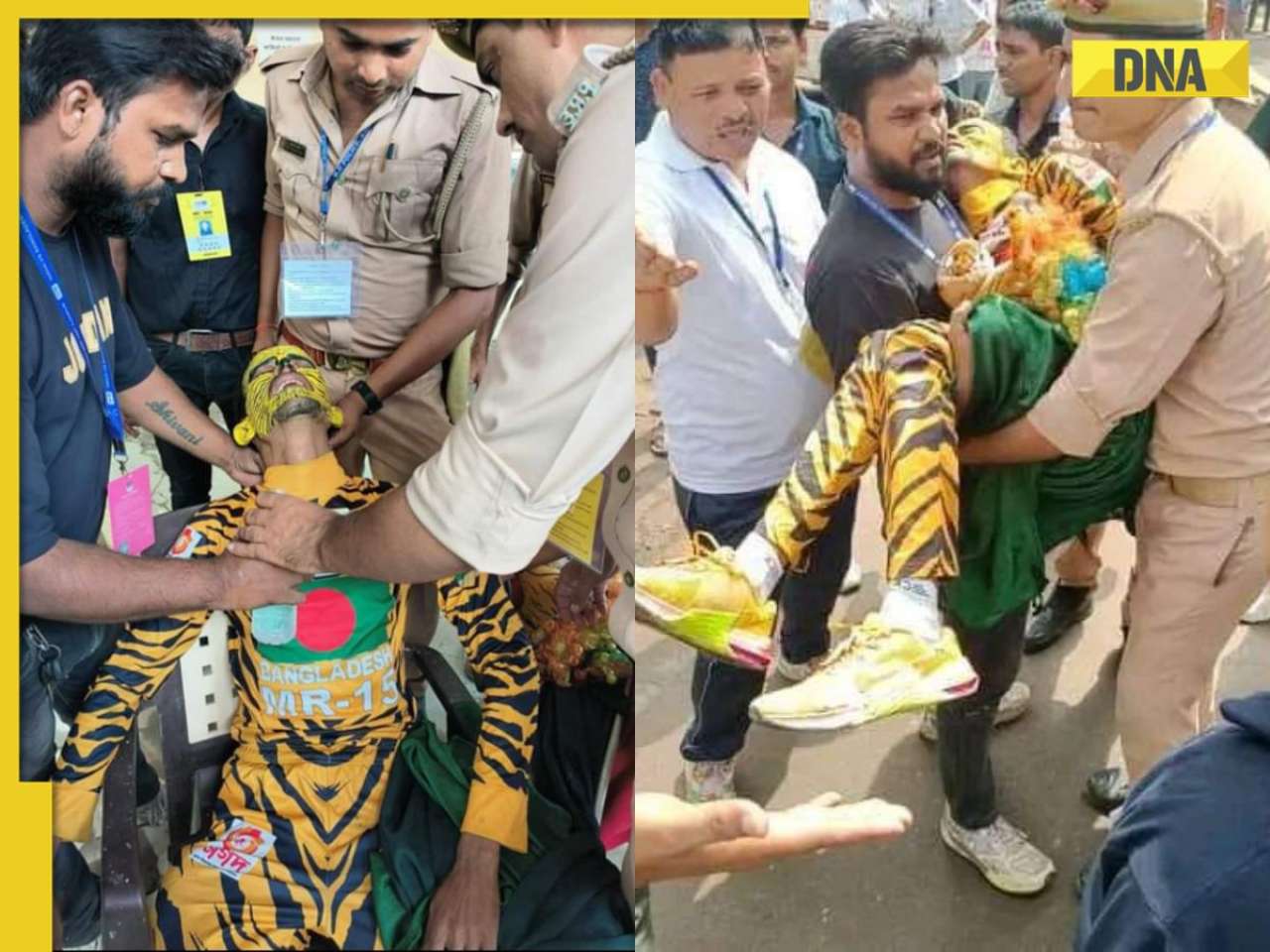
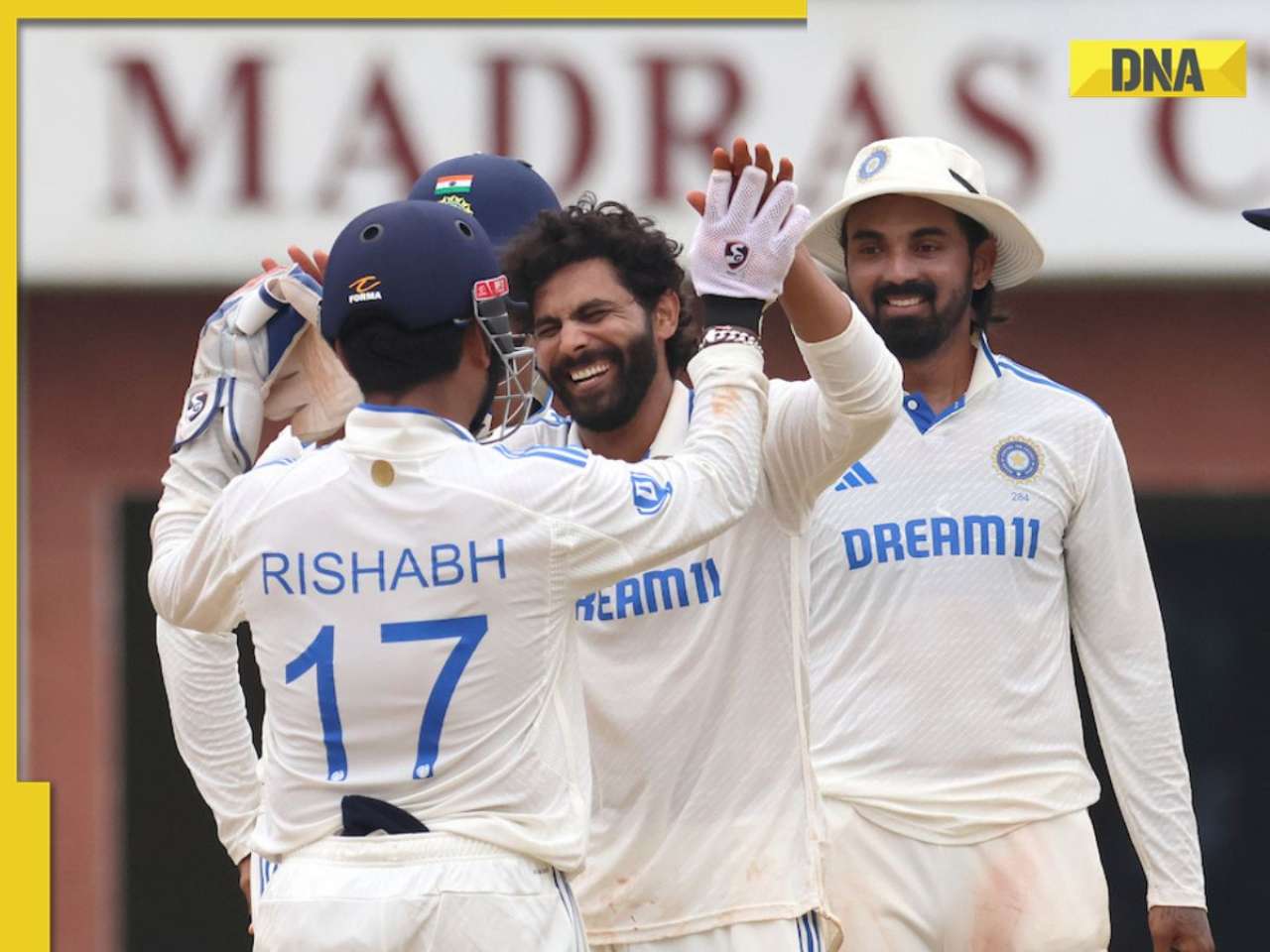
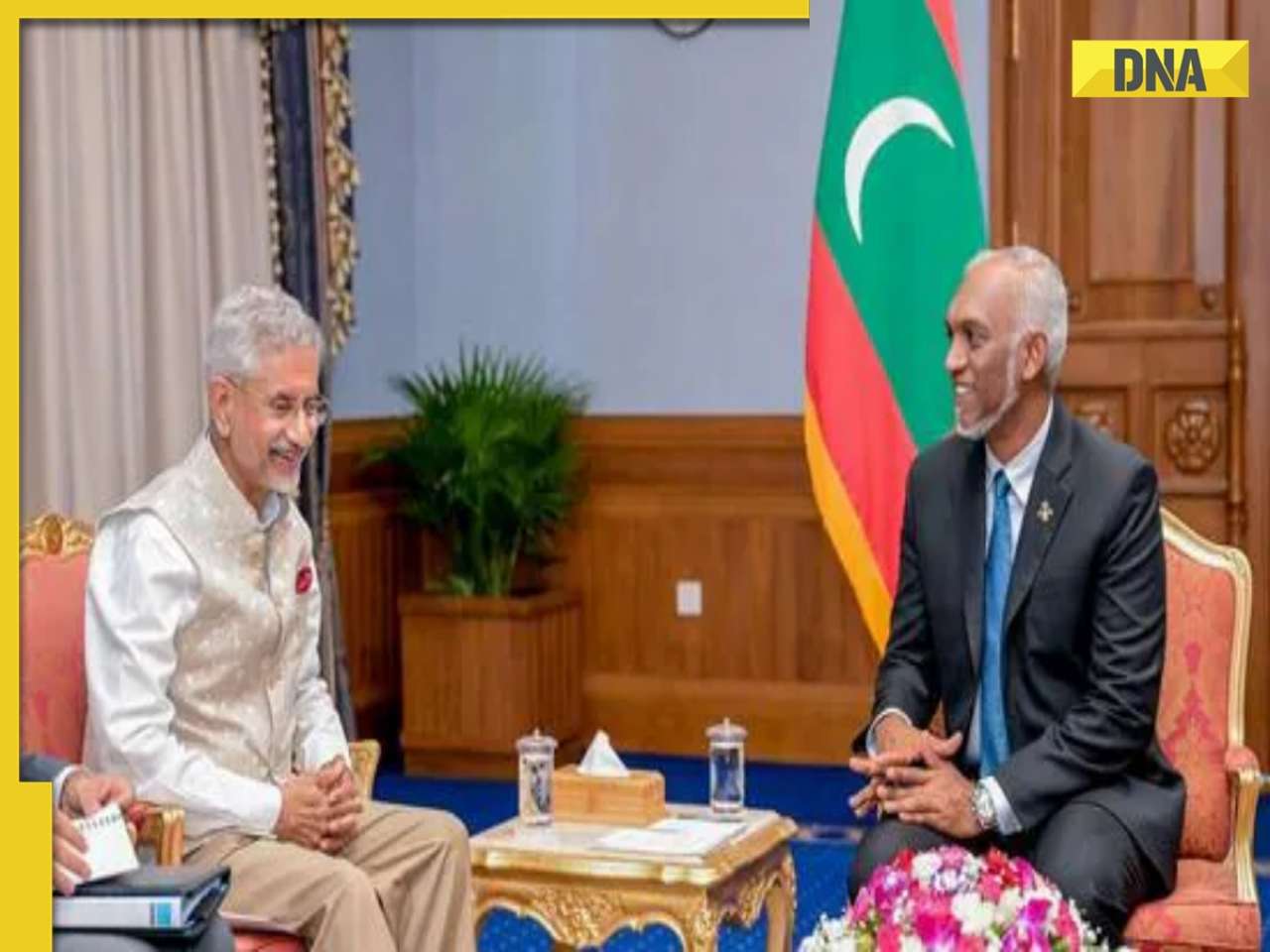
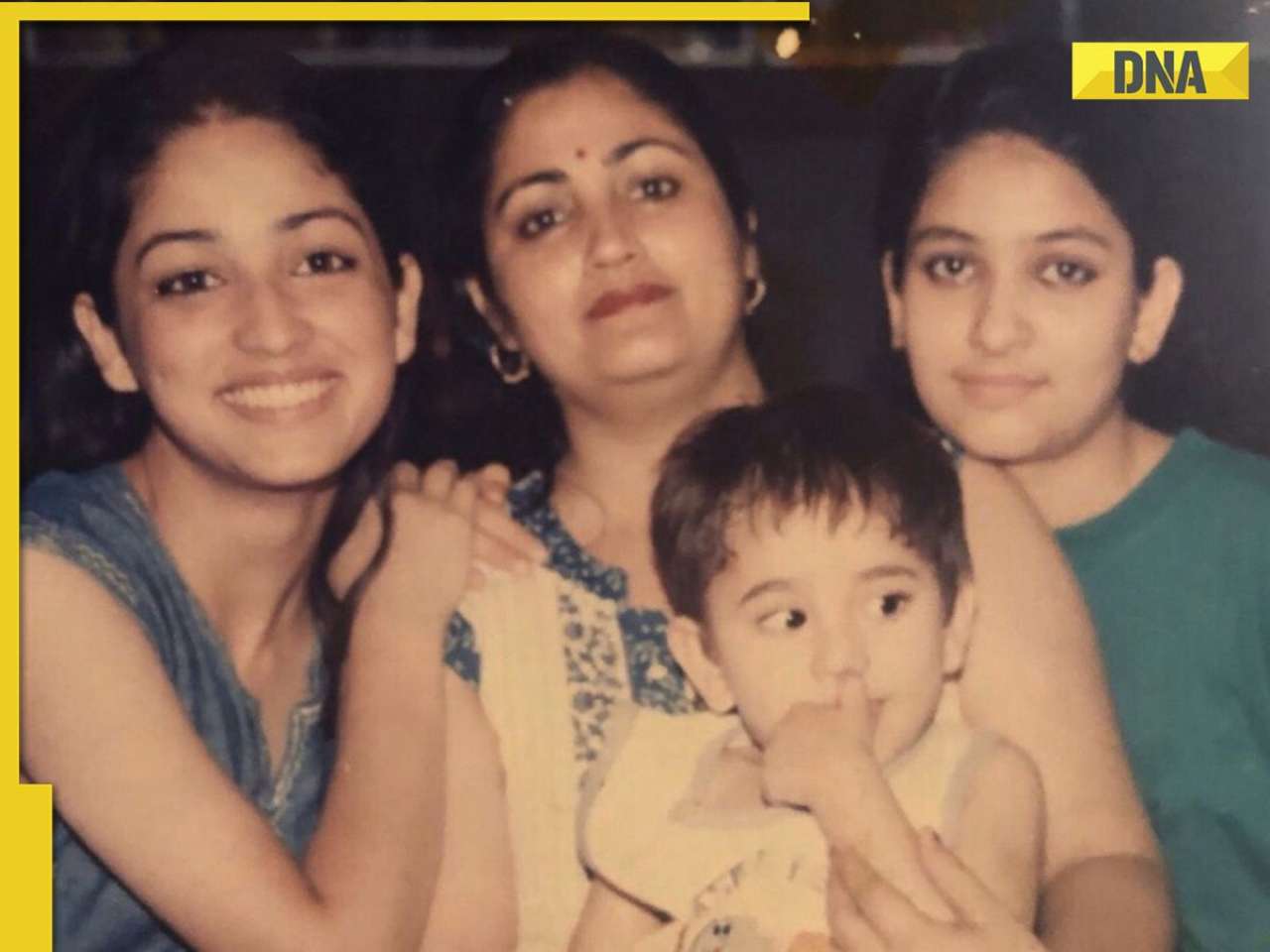


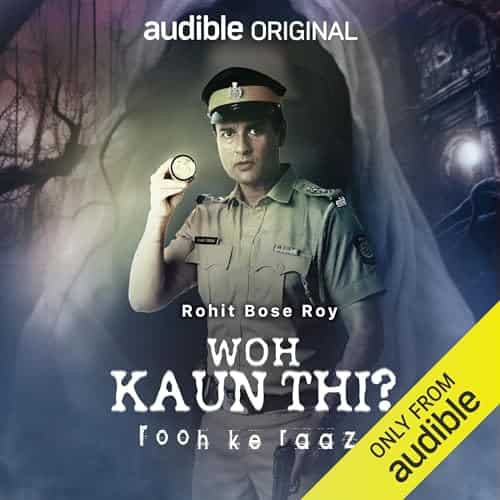




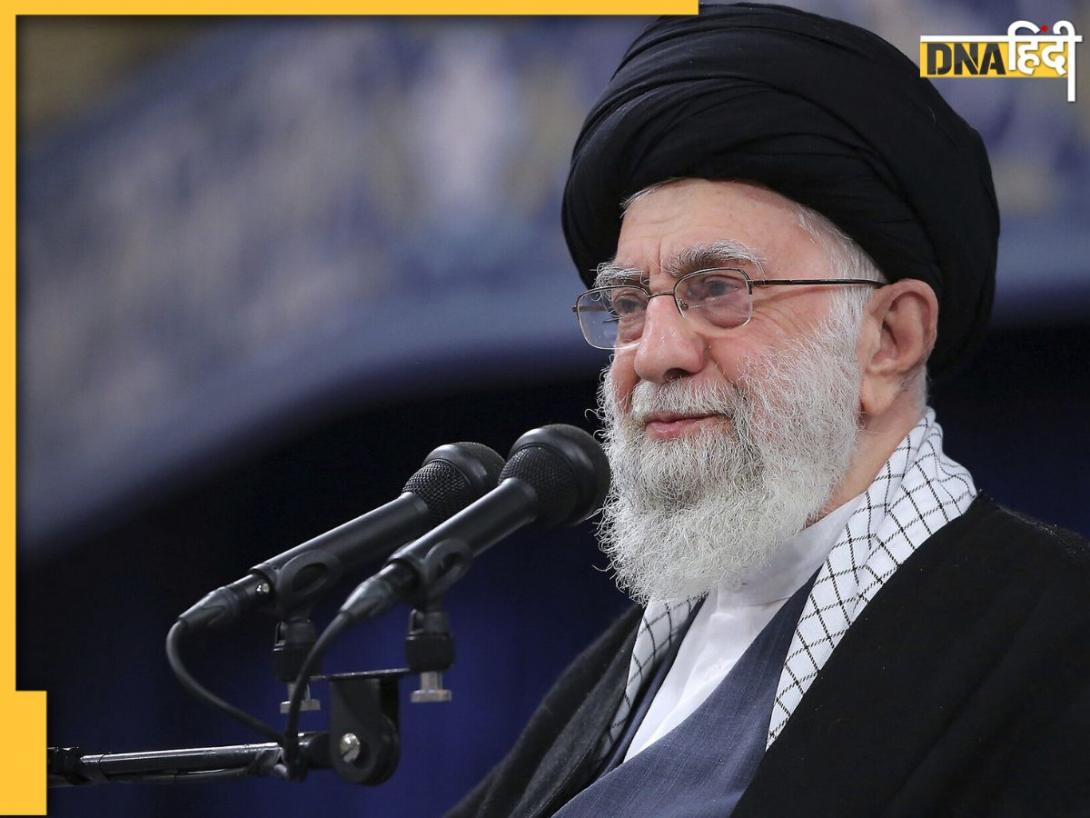







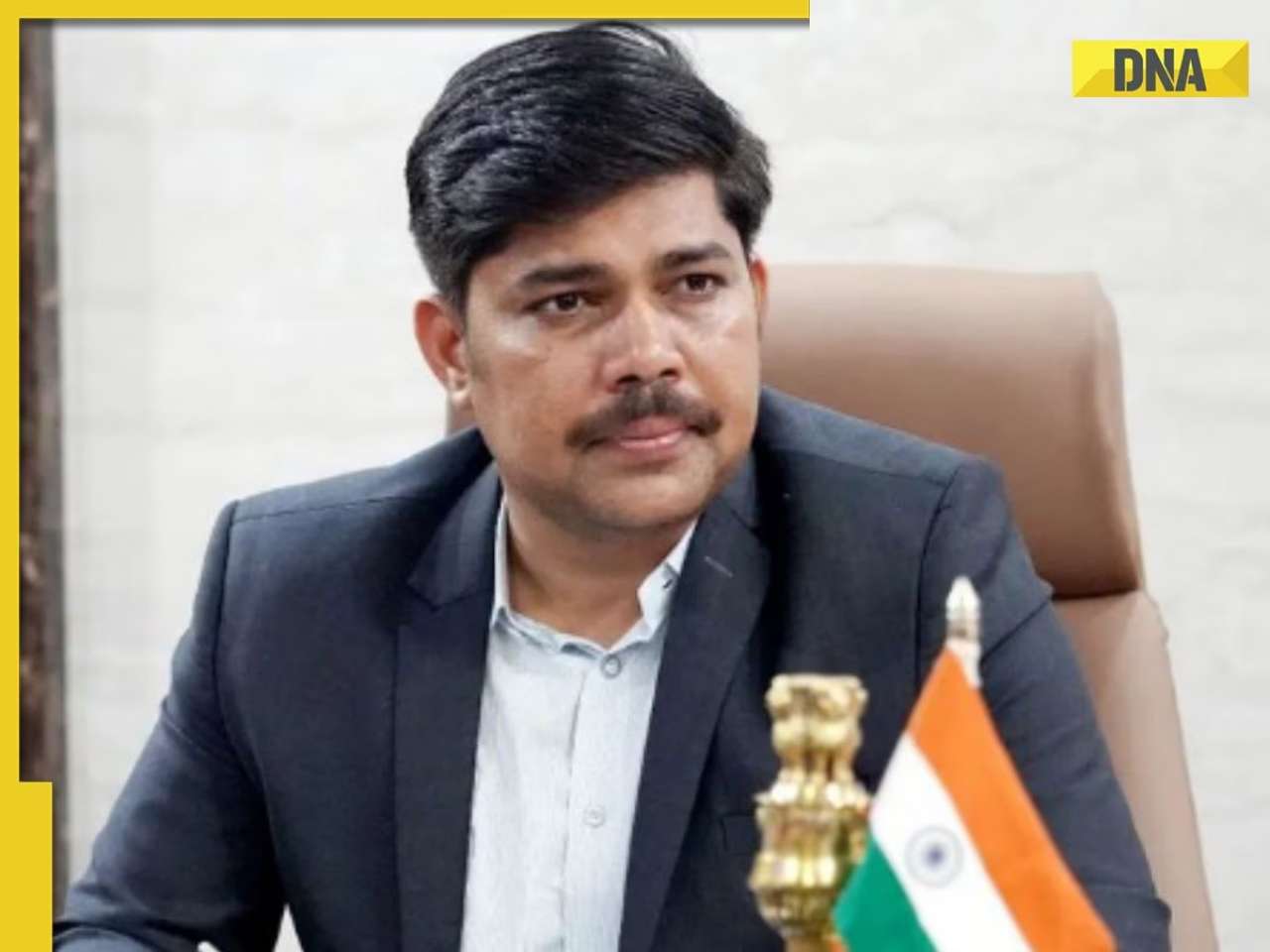


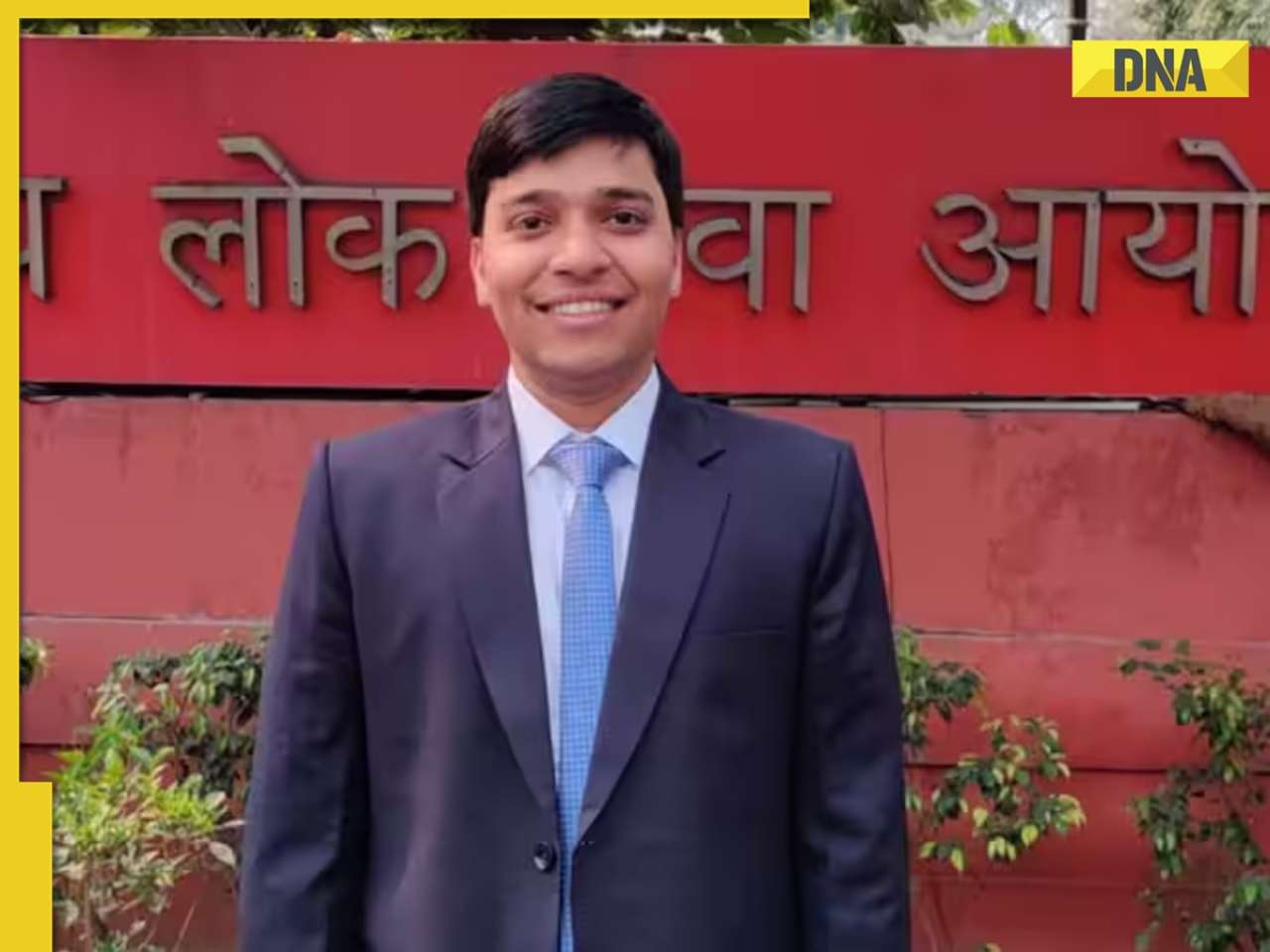


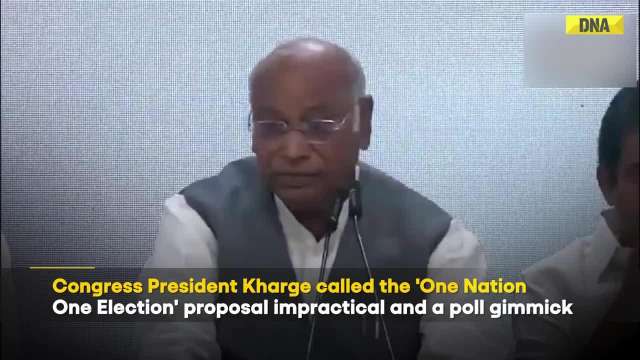
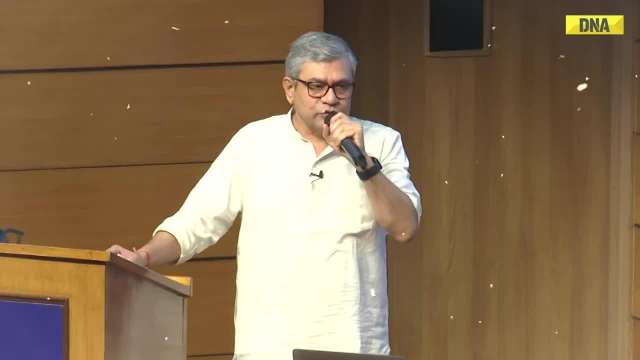
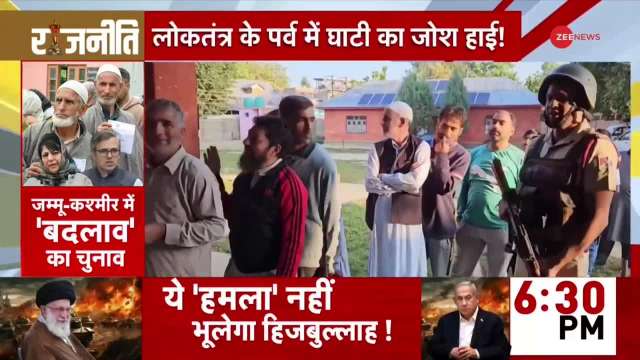
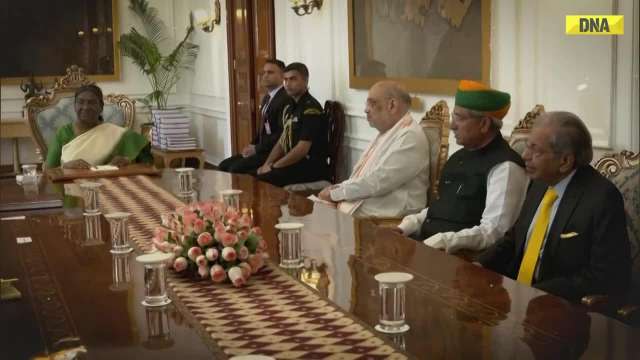
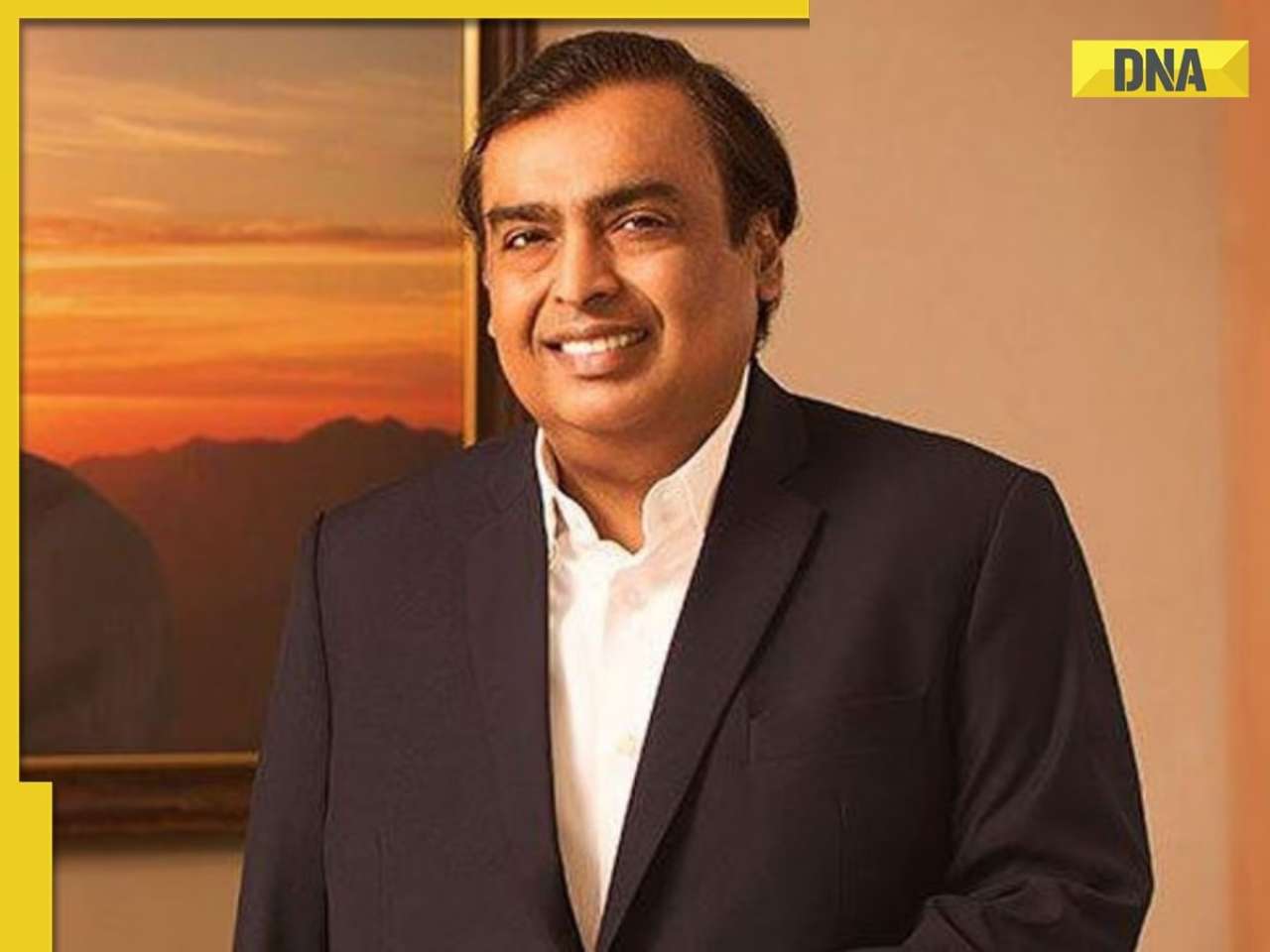
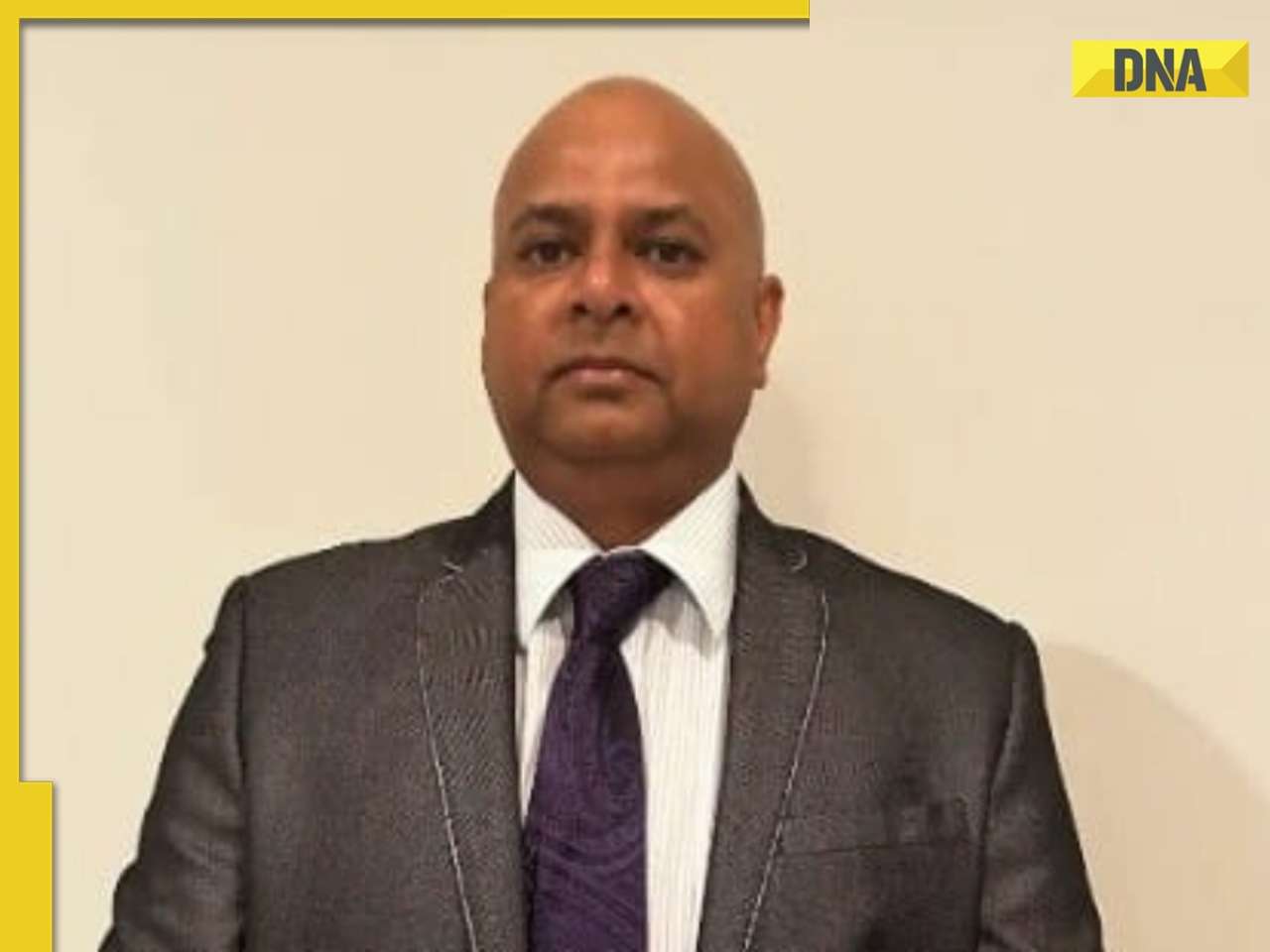
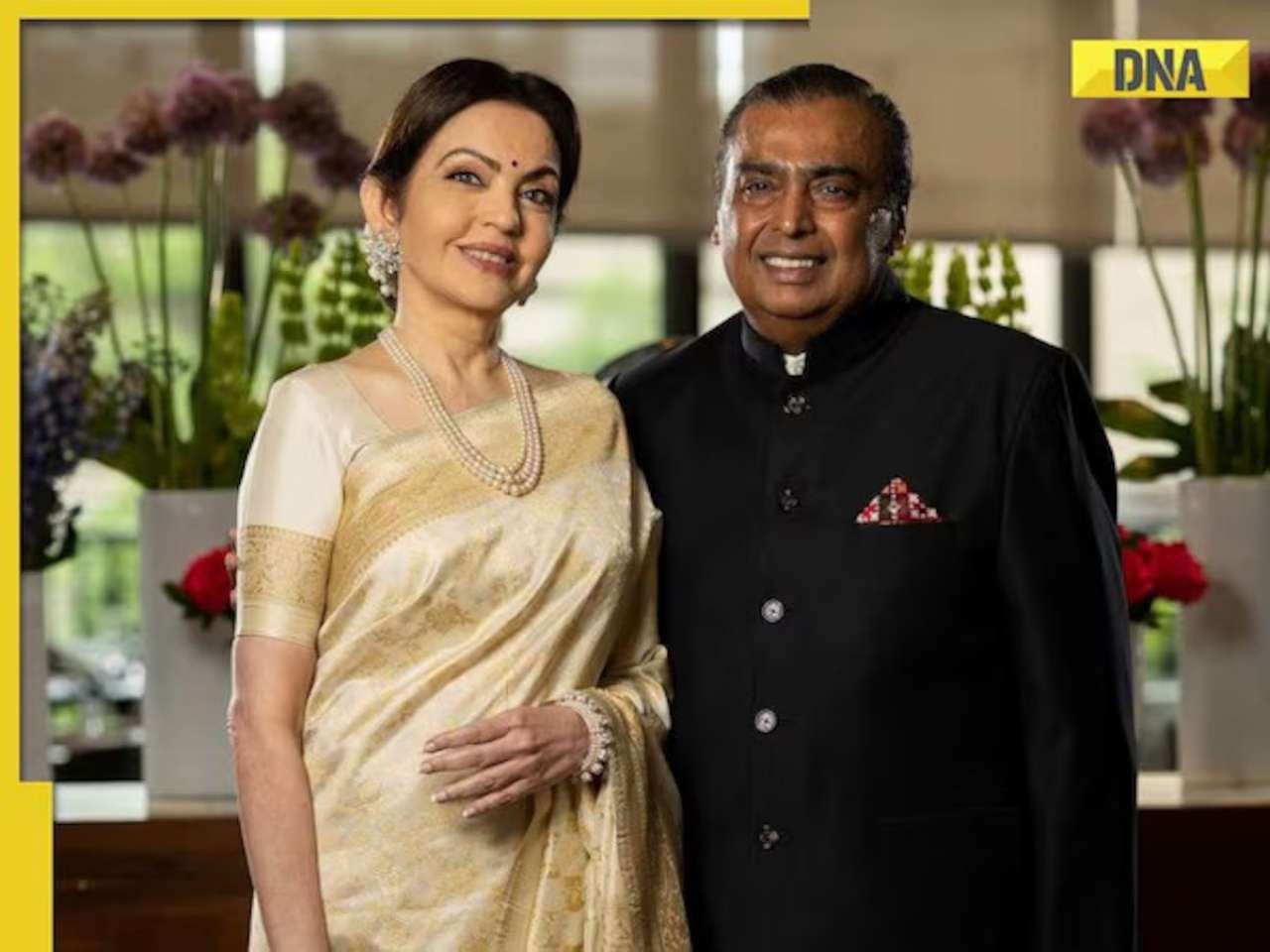

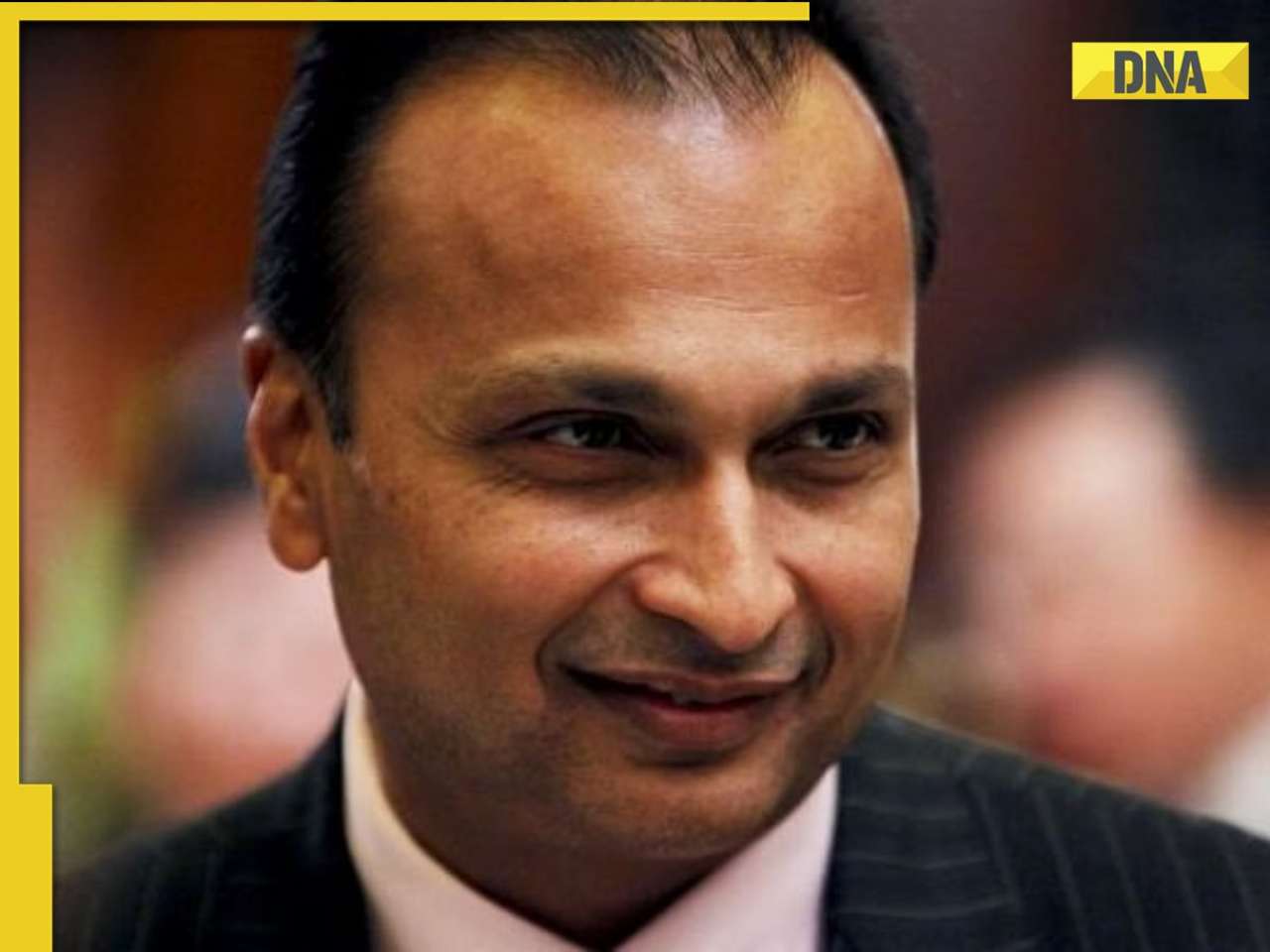






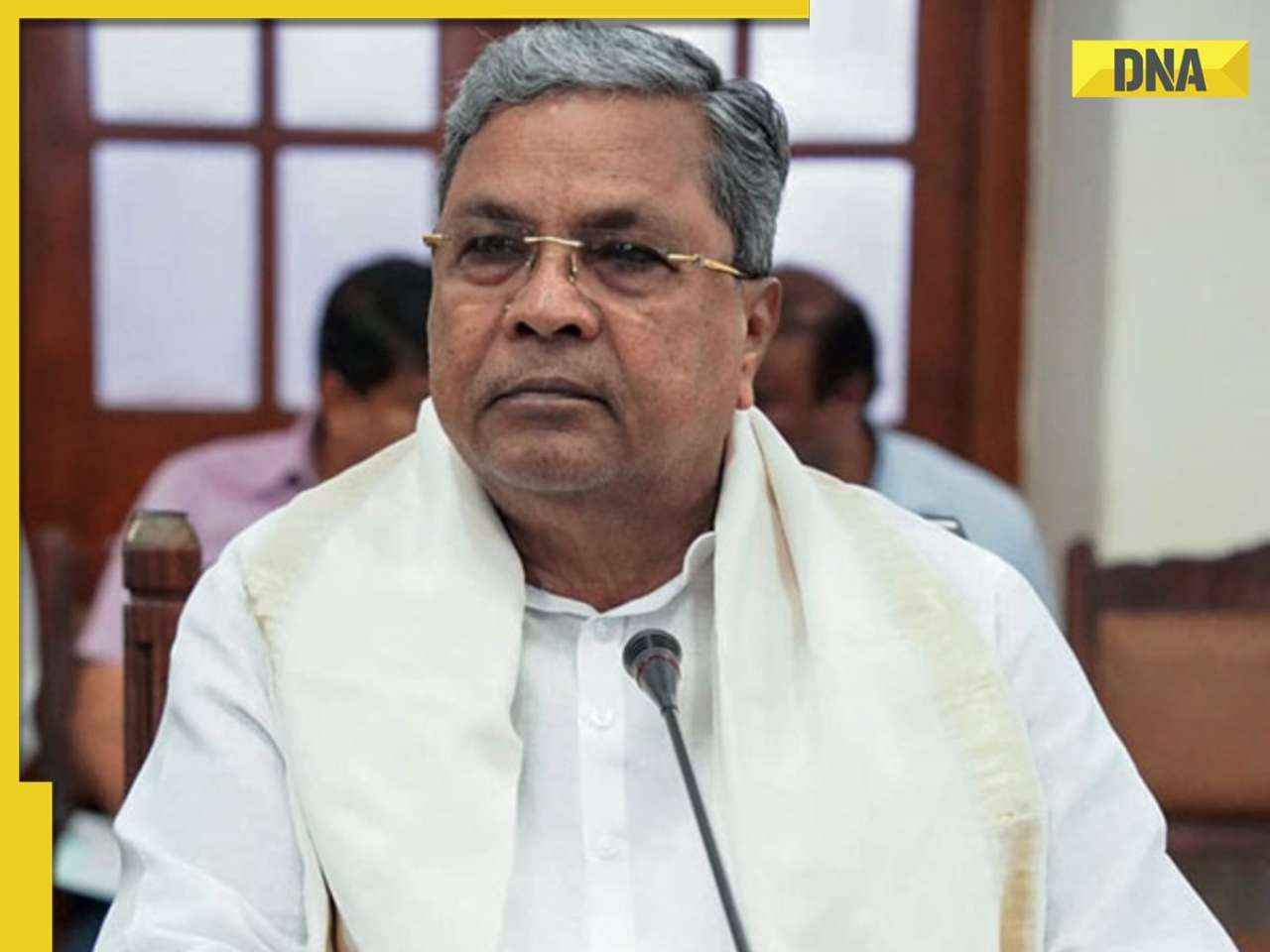
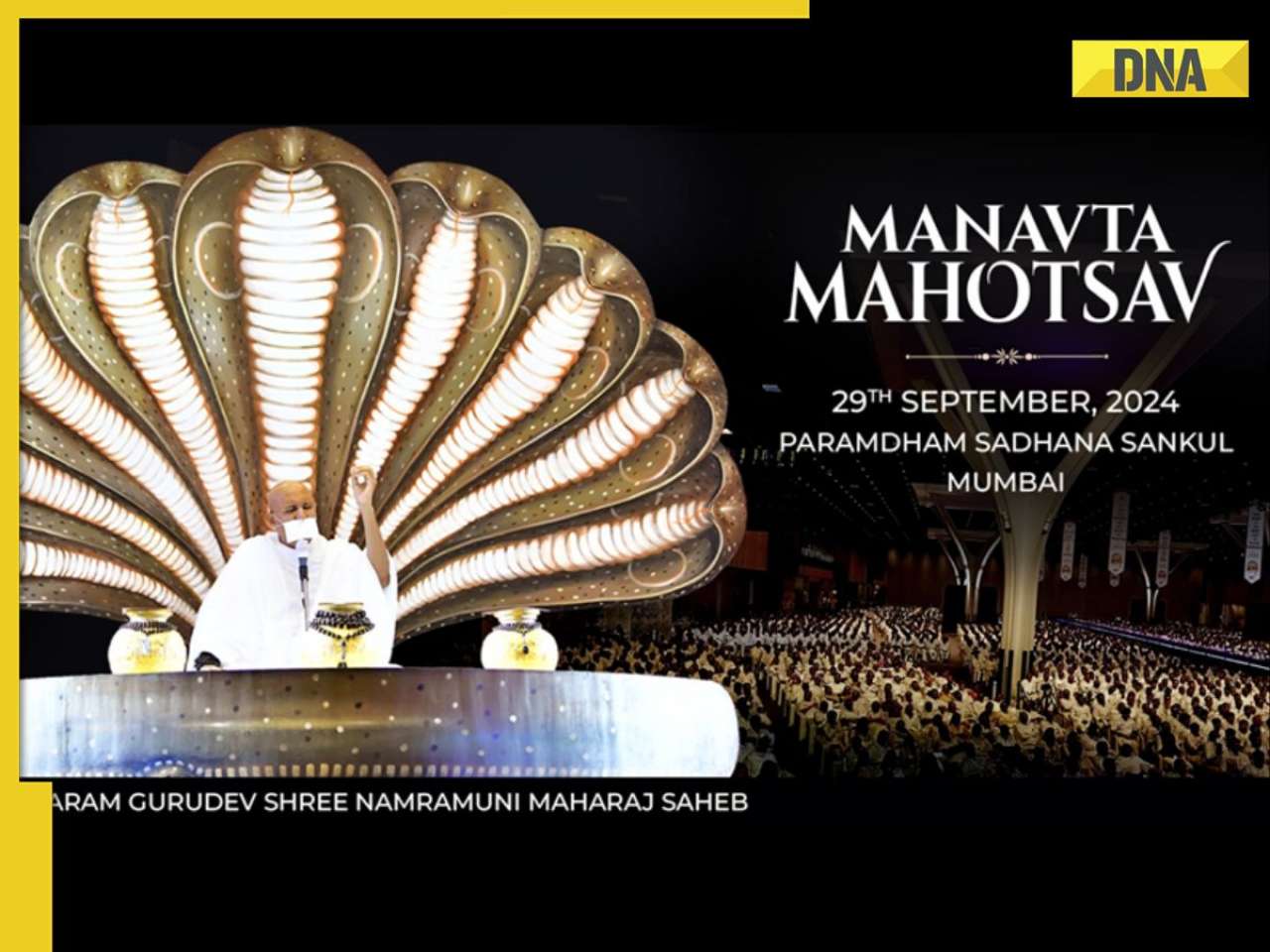



)
)
)
)
)
)
)
)
)
)
)
)
)
)





)
)
)
)
)
)